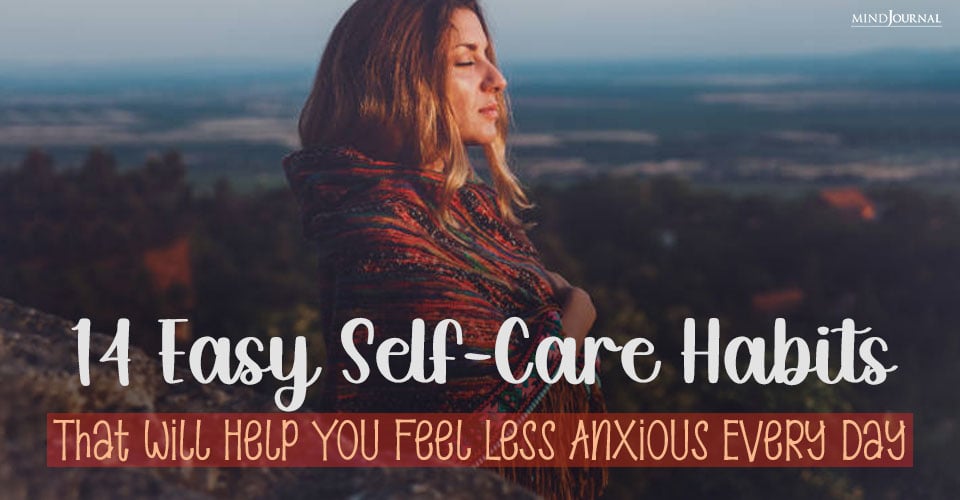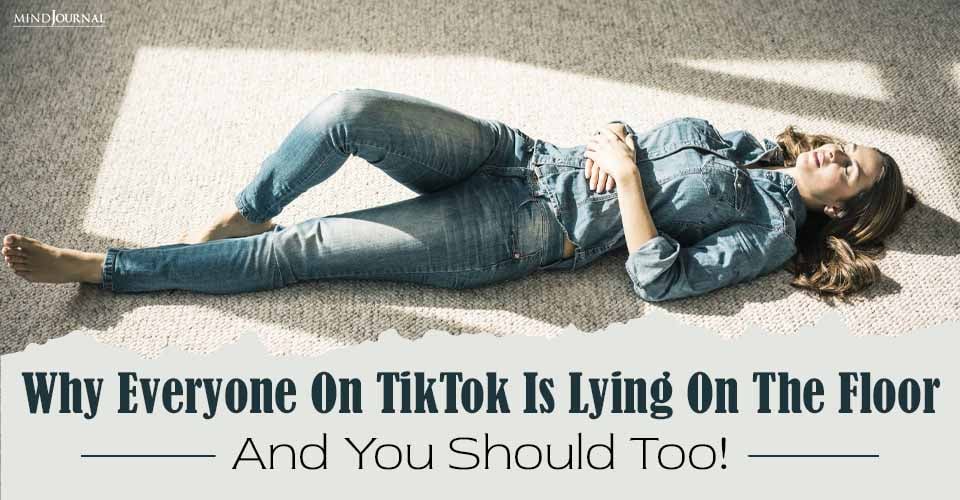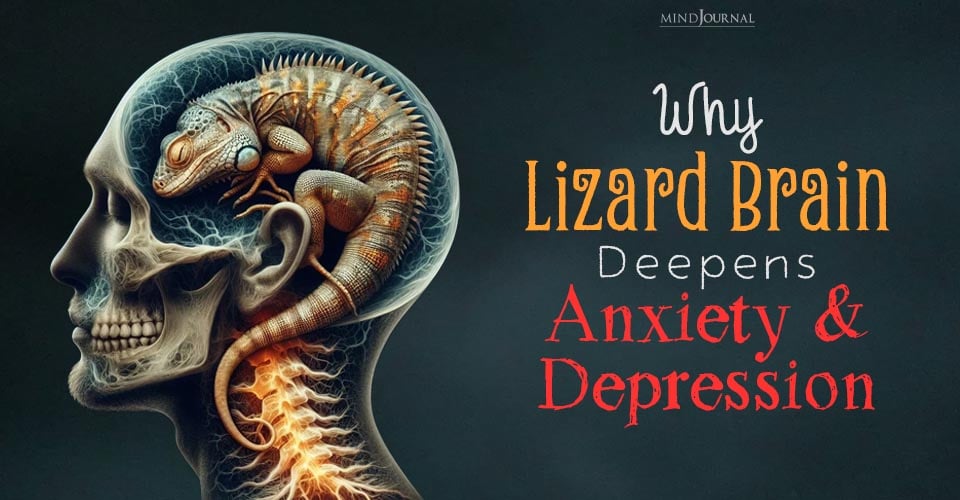Are you feeling anxious than before considering the global situation right now, and trying to figure out how you can heal your anxiety during quarantine?
Many of my patients have experienced a resurgence of anxiety and depression since the lockdown began.
Critical inner voices muted for years have returned with a vengeance. Those nasty, annoying voices that are quick to promote our failings, criticize our appearance, poke holes in our confidence, and sends our anxiety through the roof. Even a simple glance in the mirror can trigger an avalanche of disapproval.
Your inner critic’s goal? To turn you into a miserable, complaining curmudgeon. Let’s examine why your inner critic seems to thrive in quarantine.
Why You’re Anxiety is Getting Worse
Most of us didn’t choose to isolate. The pandemic did that for us. Perhaps the most damaging aspect of the quarantine is the lack of access to quality relationships that refresh us. You can’t spend time with friends or family. If you’re single, you can’t date. If you’re a student, you can’t see your classmates. If you’re a sports fan, you can’t enjoy a game. If you’re a grandparent, you can’t play with your grandkids. No one your anxiety feels worse.
And if you’re feeling lonely and just want a hug from a friend, chances are you can’t have that either.
Unfortunately, the more you lose contact with the activities and relationships that reinvigorate you, the more despairing you feel. Is it any wonder that you’re feeling beaten down?
Embrace This Time of Self-Reflection
When you’re in motion, moving from place to place, your focus is outside of yourself. Frequently, you don’t have time to spend with your thoughts and feelings; you’re just too busy checking off your to-do list. But does a busy life necessarily mean a happy one?
For many, the quarantine has forced us to slow down, hit the pause button, and reflect on our choices. In this way, quarantine naturally pushes us toward greater mindfulness.
Related: Coronavirus Anxiety: 5 Things You Can Do To Beat It
Using the quarantine to move beyond anxiety and reboot your inner life
Resilience comes from winning the battle with your inner critic. It begins with quieting those negative voices and making room for more positive ones. To do that, you’ll need a strategy.
1. Start where you are.
Rather than focusing on what you can’t do, focus on what you can. Take up a new hobby, challenge yourself to be more creative, tend to those tasks that you’re avoiding.
Stop worrying about things you can’t control, and be proactive about what you can.
2. Foster gratitude.
Gratitude is a force that can unleash tremendous trapped energy. It can lighten your load and refresh your outlook. Gratitude journals are an excellent tool for inspiring more gratefulness in your life.
If journaling isn’t for you, try writing a letter to someone you appreciate. Tell them how much they mean to you; not only will you make your day, you’ll make theirs too.
3. Count your blessings.
With so much bad news coming at you, take time to recognize all the good things in your life. Negativity is like gravity; it pushes you down. Counting your blessings lifts you and reminds you that it’s still possible to find simple ways to enjoy life.
Related: How Mindfulness Can Help During Self Isolation When Feeling Anxious & Lonely
4. Praise yourself.
During stressful times, find a way to praise yourself. Go ahead, admire, and celebrate yourself. After all, you’re hanging in there; you’re still here, you’re still striving. You’re like Rocky Balboa, still on your feet and fighting.
5. Stop complaining.
Complaining increases anxiety, drains your energy, dampens your spirits, and has a corrosive effect on your state of mind. It also promotes helplessness and telegraphs your victim status to the world.
Breaking the complaining habit won’t be easy; it will require a force of will to redirect those impulses. But you’ll start to feel better once you muster the courage to say, “The complaint department is closed!”
Written By Sean Grover
Originally Appeared In Sean Grover
If you are trying to heal your anxiety during quarantine, keep in mind that it is not going to happen overnight. These tips will help you only if you follow these regularly. It might seem tough, and overwhelming in the beginning, but hang in there; you can do it. It will just be a matter of time when your anxiety will no longer be able to control you.
If you want to know more about how you can heal your anxiety during quarantine, then check this video out below:










Leave a Reply